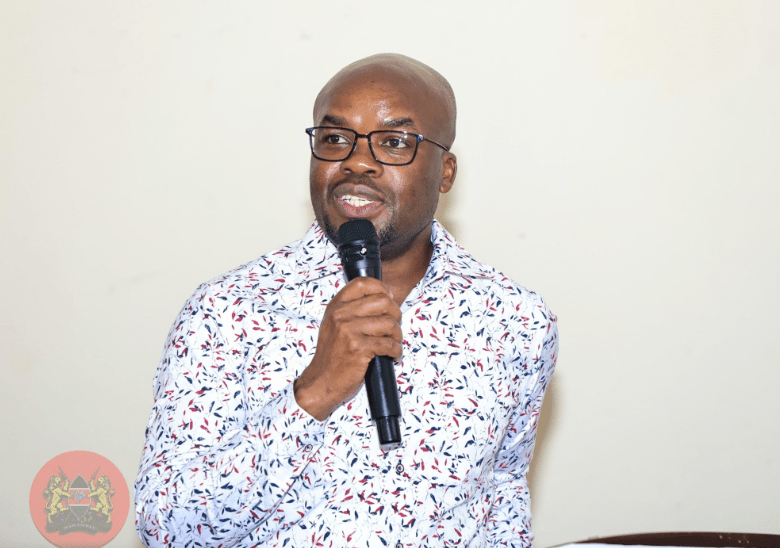Kenya signs regional pact to cut out illegal firearms
By Zadock Angira, November 21, 2024Fifteen countries have adopted collaborative strategies to combat the proliferation of illegal firearms and disrupt the illicit supply of arms to terrorist and criminal groups in the region.
Speaking during the Forum of Small Arms and Light Weapons (SALW) Experts Meeting in Nairobi yesterday, the Regional Centre on Small Arms (RECSA) Executive Secretary Jean Pierre Betindji and the Principal Secretary for Internal Security Dr Raymond Omollo said improving stockpile management and implementing comprehensive disarmament, demobilisation, and reintegration (DDR) programmes were key to empowering individuals and communities to lead peaceful and productive lives.
Under RECSA, the collaborative efforts, both at regional and international levels, have also improved the capacity for firearms tracking, marking, and record-keeping to reduce illegal possession, misuse, and trafficking of such arms and their ammunition.
Critical role
The pact also includes improved capacity for strengthening legal and institutional frameworks, enhancing border controls and disarmament, and promoting responsible transfers of small arms and light weapons (SALW).
“By enhancing our collective efforts, we can make substantial progress in reducing the accessibility and availability of illicit arms and curbing their devastating impact on our societies,” PS Omollo said.
He added that eradication of illicit firearms lies in a multi-faceted approach that encompasses both preventive measures and robust enforcement mechanisms.
The PS, who also chairs the Technical Advisory Committee (TAC) warned that the threats keep on mutating each unfolding day, and there was need to remain steadfast in the efforts to eradicate it.
The key security challenges facing the RECSA sub-region range from insurgencies, terrorism, civil wars, organised crime to resource-driven conflicts. These complex security challenges are exacerbated by the proliferation of SALW.
The illicit proliferation has also fuelled violence, political instability, displacement, and regional conflicts.
Yesterday’s meeting was also attended by the Director of the Kenya National Focal Point on Small Arms and Light Weapons (KNFP), Jacinta Muthoni, a Senior Assistant Inspector General of Police.
Kenya hosts the RECSA and has been active in developing strategies to curb the supply and demand of SALW. RECSA member states include Burundi, Central African Republic, Congo, DRC, Djibouti, Ethiopia, Eritrea, Rwanda, Seychelles, Somalia, South Sudan, Sudan, Uganda and Tanzania.
The African Union’s Silencing the Guns initiative, for which RECSA is an implementing agency, remains critical in addressing arms control, peace, and security in Africa by promoting disarmament and capacity-building .
RECSA, in partnership with the African Union and UN Office for Disarmament Affairs (UNODA), has destroyed a total of 7,138 firearms and 2,810 ammunition in Liberia, Tanzania and Togo.
In Liberia, a total of 102 firearms, 2,800 rounds of ammunition and 10 explosives were destroyed, while in Tanzania and Togo, a total of 6,208 and 828 firearms, respectively, were destroyed.
According to RECSA, some of the challenges have been identified as weak cross-border cooperation due to poor communication, inadequate information-sharing and joint cross-border law enforcement collaboration.
According to the UNODA, the widespread availability and illicit proliferation of SALW serve as key drivers and enablers of armed conflicts, violent extremism, and the expansion of terrorism.
More Articles

